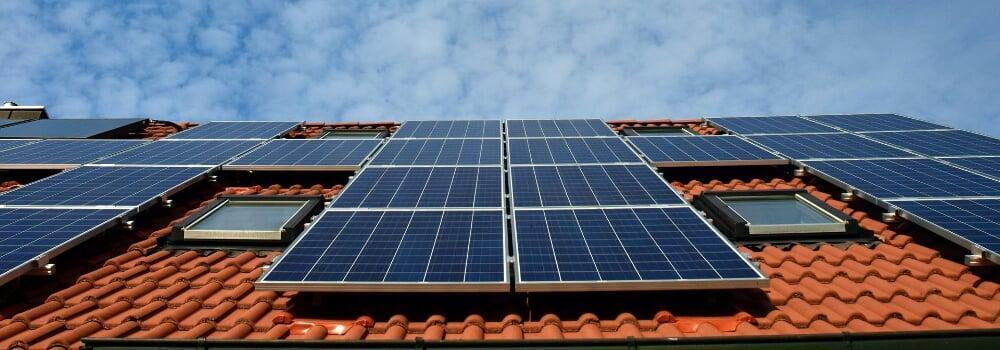
If you're thinking about adding solar panels to your home, consider the condition of your roof before you make a decision.
Roof condition
If the roof has a life span of approximately 10 to 15 years, it should be ok to go solar. Although panels protect the roof from rain and sunlight, they also extend the life of your roof.
Even if the previous point is fulfilled, you will need an inspection of the roof to verify if it is necessary to repair.
If your roof needs replacement soon after installation or in an upcoming year, it’s best to replace your roof at the same time you install panels.
Ask for help from a roof expert
If you are wondering about the condition of your roof, it is important to contact a roofing expert before installing solar panels. This way you will not be upset by possible repairs that have not been made in time.
Remember that the decision to repair a roof in time is much cheaper than replacing it. That is why it is important to routinely check for roof damage.
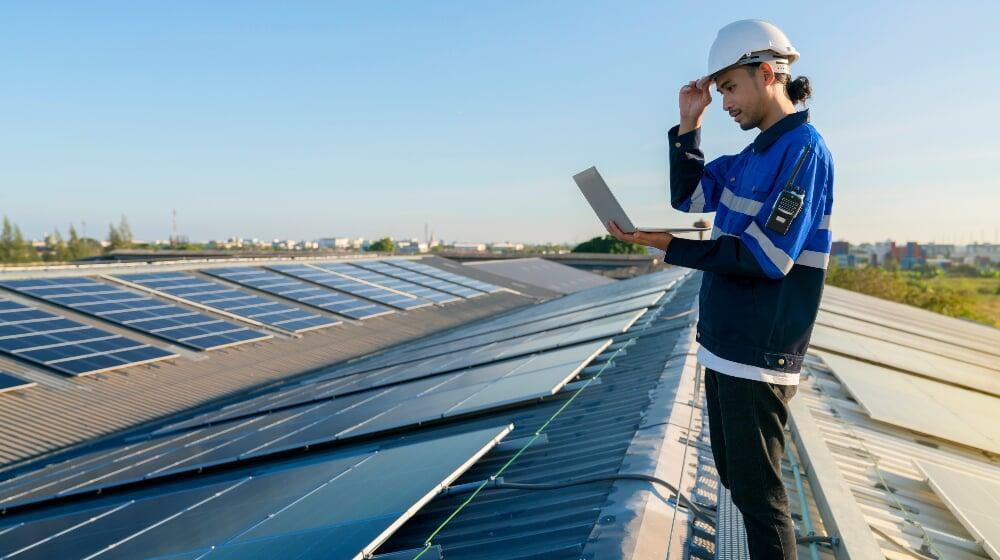
FAQs
Below are the most frequently asked questions people have when deciding whether to put solar panels on their roof.
1- What is the best type of roof to install solar panels?
The best roof for solar panels is an asphalt shingle roof. This type of roof uses a layer of synthetic underlayment, which acts as a barrier between the shingles and the heat-producing sunlight.
The second most popular roof for installing solar panels is metal panel roofs. These types of roofs are usually used in rural areas where there isn't much shade from trees or buildings.
Flat roofs are also popular for placing panels, mainly in the case of commercial buildings. In this type of ceiling the installation is simple, but it does not have the proper inclination for solar panels to be entirely efficient. In this type of roof, structures are used to give an inclination to solar panels.
In any case, the panels can be installed on almost any type of roof, as long as it is in good condition, as we mentioned above. The type of roof and its curvature will impact how difficult it is to install the panels.
2- How are the solar panels attached to the roof?
Composition Shingle Roofing: the solar panels are mounted using a lag bolt, which is tied to the rafters of the roof. The racking system ensures that there is no possibility of leaks, and additionally flashing is placed underneath shingles for the same reason.
Flat Roofing: Using a ballast mount enables one to install the solar panels without any penetrations. A benefit of this system is that the panels can be oriented and tilted to maximize production.
Metal Roofing: There is no need to perforate the roof, as the attaching system is done with high resistance clamps that are attached to a mounting rail.
Tile Roofing: Tiles can be drilled if you have the special tools to do so, otherwise the tiles can crack. Either by perforating the tiles or removing them, the panels are fixed to a mounting bracket that will be attached to the roof structure.
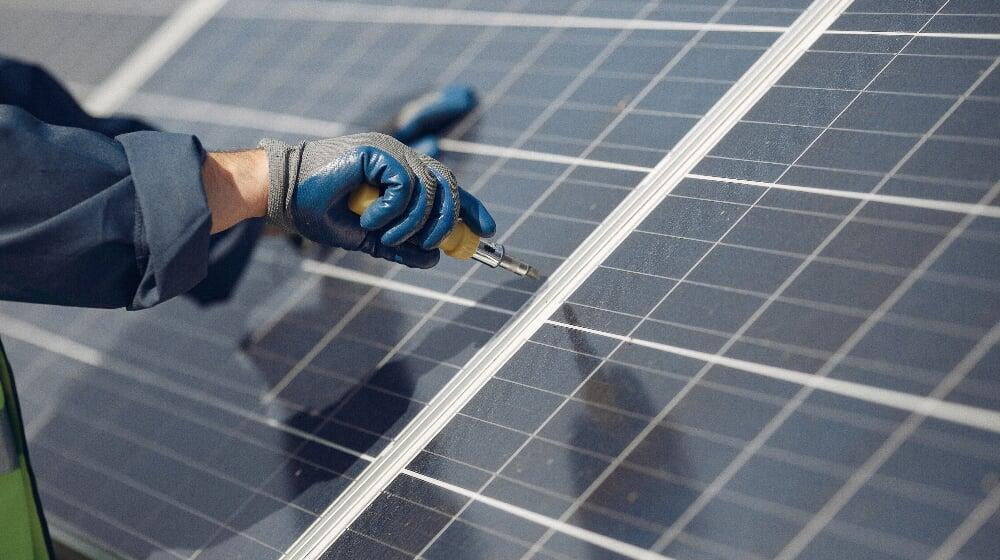
3- Do solar panels affect my roof?
Solar panels do not affect your roof in anyway if they are properly installed. The only issue that you may have is with the solar panels themselves. If they are not properly installed, or if they are made from a material that isn't weather resistant, then there could be some damage to your roof, causing leaks or reducing it's overall life.
4- Will I lose my roof warranty if I install solar panels on my roof?
Systems that do not penetrate your ceiling will not affect your roof warranty. On the other hand, if your roof needs a penetration system to install the solar panel, you should talk to the roofing company that installed your roof.
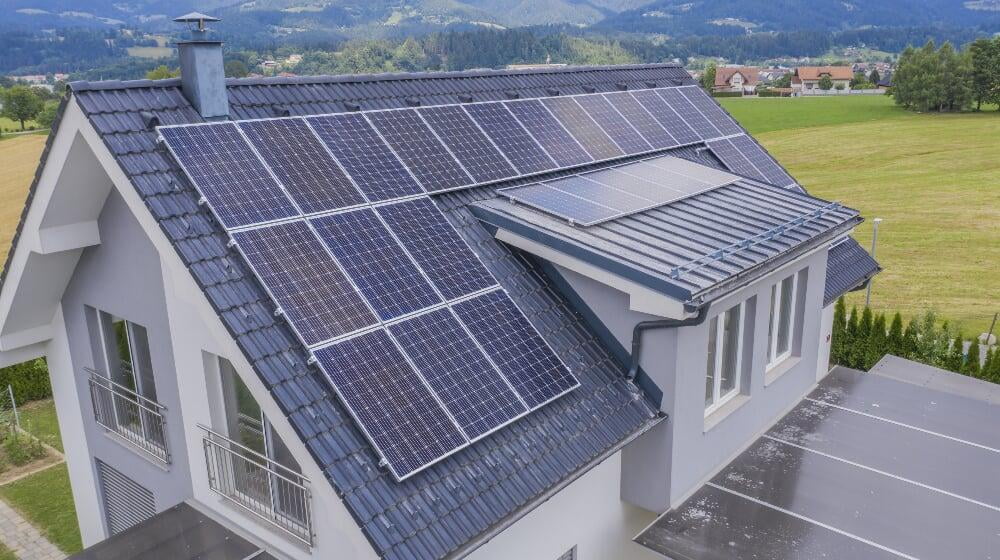
5- What can I do if I have solar panels, but I need a new roof?
It’s simple, first you have to remove the solar panels and the attachment system, then you have to replace the roof, and finally reinstall the solar panels. The time of this will depend on the size of your roof and the panel system you have installed in your home.
6- What are the benefits of solar panels on your roof?
• Reduction in the cost of electricity bills
• Reduction in carbon emissions, which helps to slow global warming and climate change.
• Solar panels help to cut down on pollution and noise pollution because they only produce power during daylight hours. This means that they do not create any noise or air pollution when they are running at night.
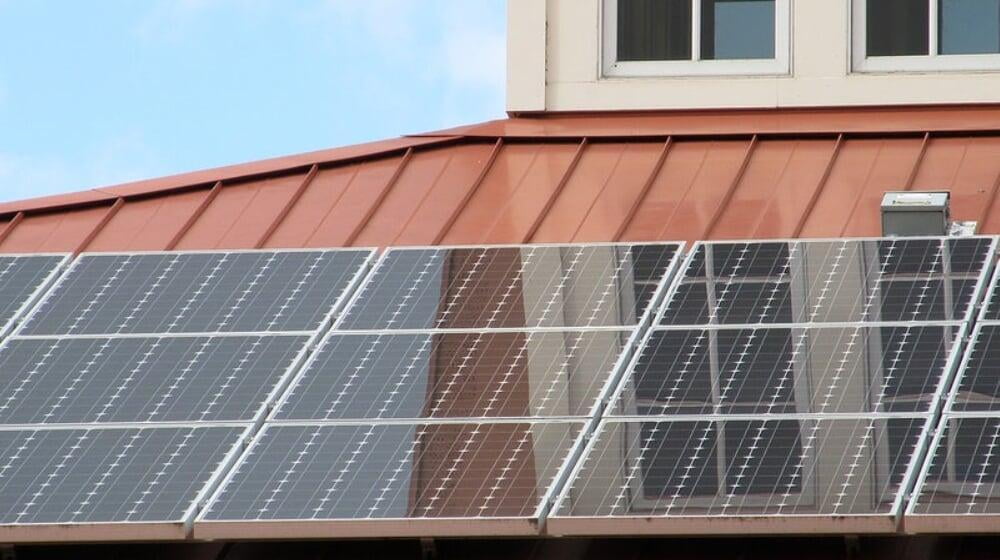
Kind regards from the Moriarty Roofing Family.






